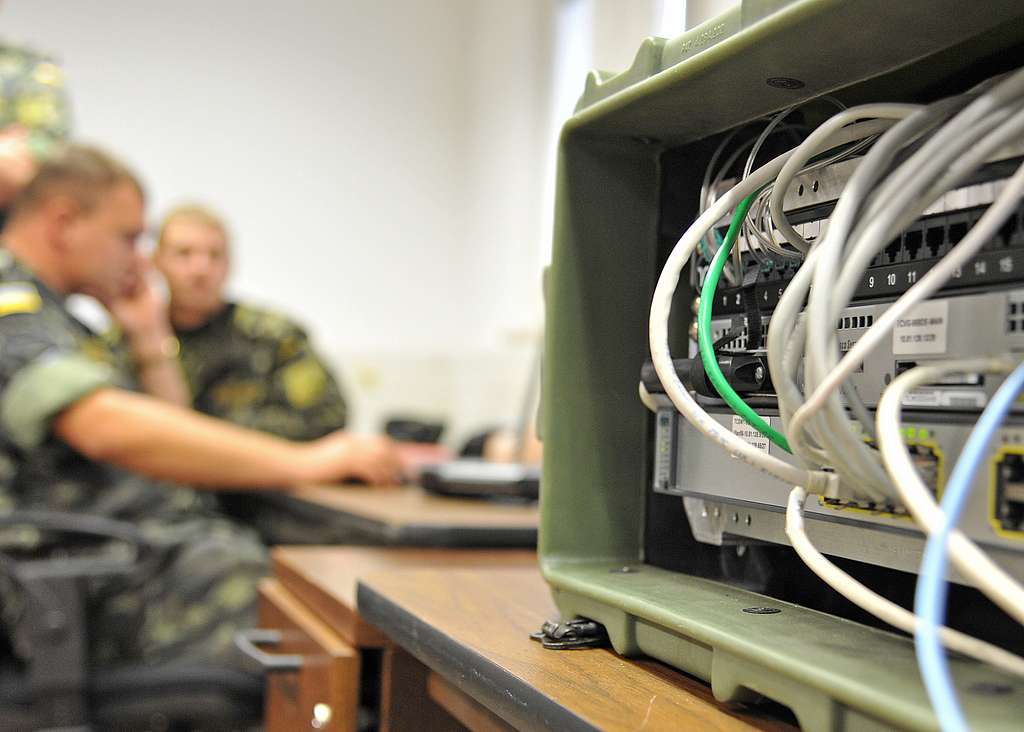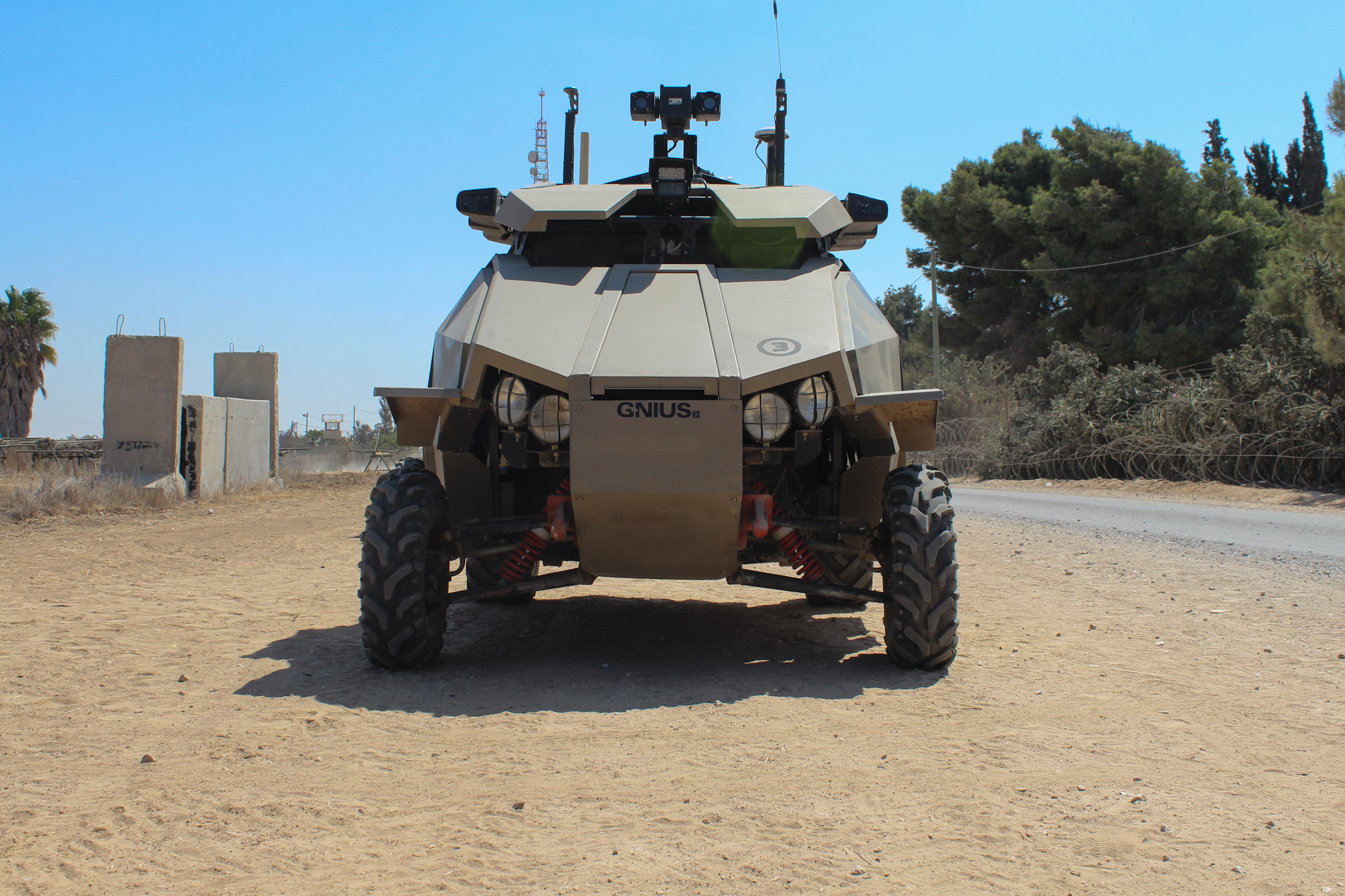Robot Rendition: Will There One Day Be Machines that Capture Rather than Kill?
Late on a Friday afternoon, I take a break from other work in order to bring you the following food-for-thought:
We often think about the policy and legal issues that will arise when the jump is made from human-controlled drones to semi-autonomous or autonomous machines capable of killing. That's the frightening model made famous in the Terminator films after all, and it is obviously worth the candle to think long and hard about it now rather than later. But I was just thinking about a different technological jump that might one day occur: the development of robots capable of capt
Published by The Lawfare Institute
in Cooperation With

Late on a Friday afternoon, I take a break from other work in order to bring you the following food-for-thought:
We often think about the policy and legal issues that will arise when the jump is made from human-controlled drones to semi-autonomous or autonomous machines capable of killing. That's the frightening model made famous in the Terminator films after all, and it is obviously worth the candle to think long and hard about it now rather than later. But I was just thinking about a different technological jump that might one day occur: the development of robots capable of capturing instead of killing.
Sounds a bit far-fetched? Well, sure, for now. Eventually, however, technology will emerge providing not only the capacity for loitering in an otherwise-denied area that Reapers et al currently provide, but also the additional capacities to (i) deploy a non-lethal weapon of some kind capable of temporarily disabling some number of persons and (ii) dispatch a retrieval robot which is in turn capable of descending to the ground, securing one or more of the disabled persons, and then launching back up and relinking with the mother ship, which can then complete the capture simply by returning to base. There is of course lots of research relating to non-lethal weapons ongoing already, and I would not be surprised to learn that a robotic descent/secure/ascent technology already is in development (sounds useful for civilian rescue purposes, after all). I bet the latter is fiendishly difficulty to secure even in ideal circumstances, and probably cannot realistically be done any time remotely soon other than in circumstances in which a person is located entirely out in the open. Still, I would love to hear from readers as to whether there is any real prospect of any of this.
Robert (Bobby) Chesney is the Dean of the University of Texas School of Law, where he also holds the James A. Baker III Chair in the Rule of Law and World Affairs at UT. He is known internationally for his scholarship relating both to cybersecurity and national security. He is a co-founder of Lawfare, the nation’s leading online source for analysis of national security legal issues, and he co-hosts the popular show The National Security Law Podcast.





